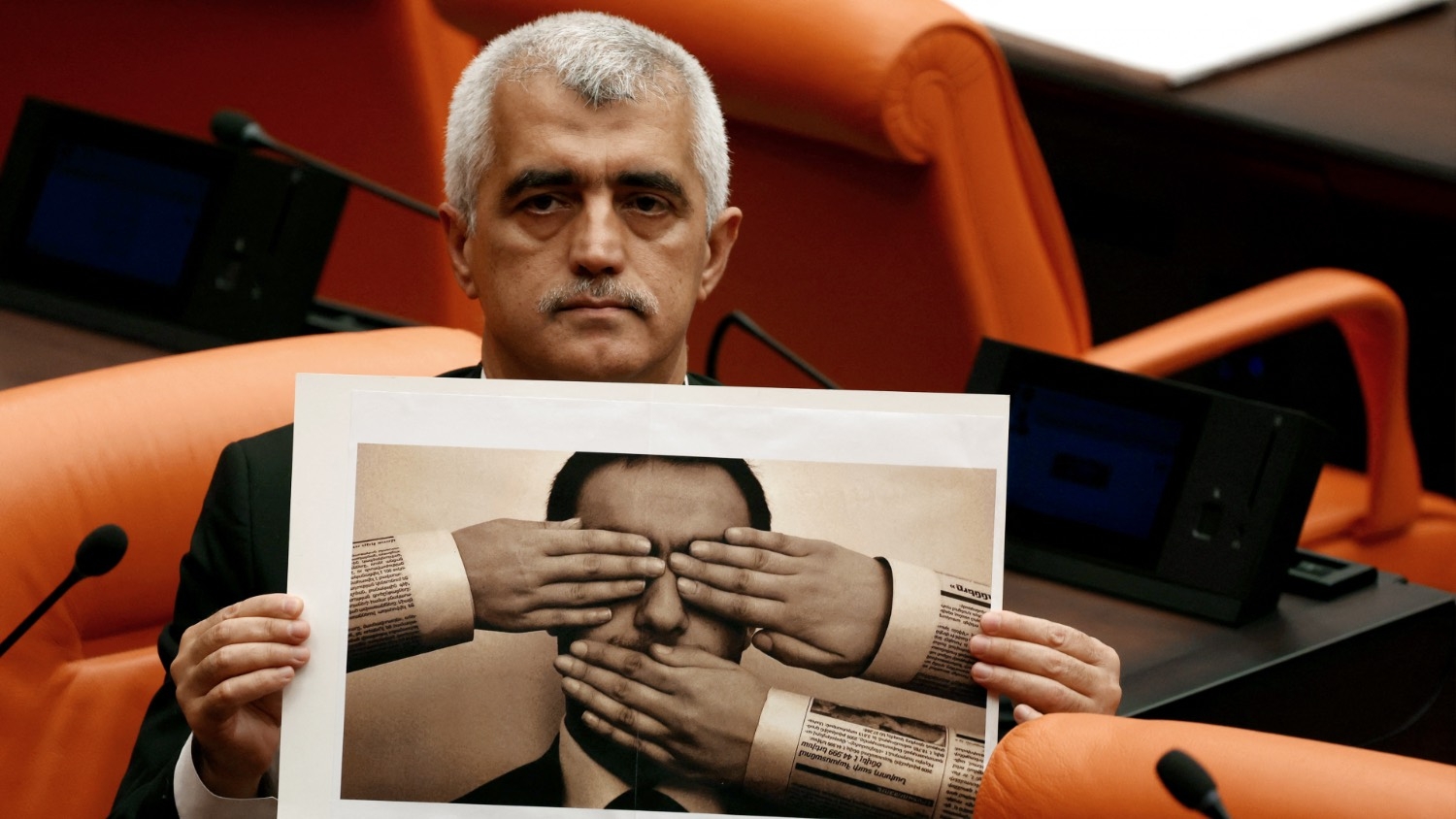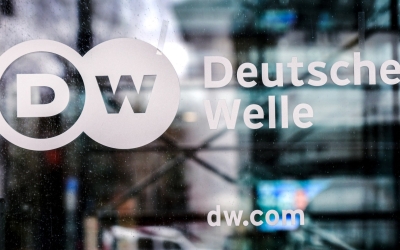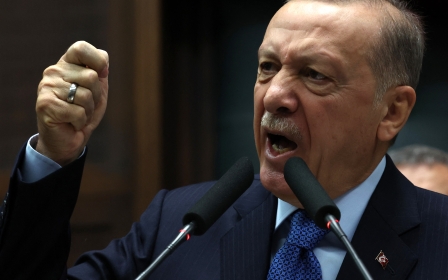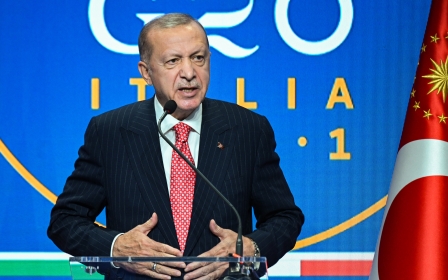Turkey passes new law imposing jail terms for 'misinformation' and 'fake news'

Turkey's parliament on Thursday approved a new media law that could see individuals sentenced to up to three years in prison for spreading "fake news" or "disinformation", raising concerns about free speech in the country.
The new law, dubbed a "censorship bill" by its critics, cements the government's firm grip on the media and independent speech eight months before elections that President Recep Tayyip Erdogan enters trailing in the polls.
Lawmakers from Erdogan's ruling AK Party (AKP) and its nationalist ally MHP, which together hold a parliamentary majority with a combined 333 seats, approved the bill even as opposition lawmakers and media rights activists called for it to be scrapped.
The legislation comprises 40 amendments that each required a separate vote. The law imposes a criminal penalty for those found guilty of spreading false or misleading information, and requires social networks and internet sites to hand over personal details of users suspected of "propagating misleading information".
Anyone found guilty of spreading misleading information faces between one and three years in jail.
In recent years, Turkey's government has tightened its grip on online content and digital platforms, while curbing official advertisements and announcements in opposition-linked media outlets.
The country's law on insulting the president carries a jail sentence of between one and four years.
Thousands have been charged with insulting Erdogan in the eight years since he moved from being prime minister to becoming the president.
Turkey is also among the top jailers of journalists globally and has frequently been criticised by western countries and rights groups over its human rights record.
Reporters Without Borders' World Press Freedom Index ranks Turkey 149th out of 180 nations, saying that 90 percent of the media in the country is under government control.
The advocacy group has also accused Erdogan of stepping up attacks on journalists to deflect attention from economic and other problems in the run-up to elections.
Middle East Eye propose une couverture et une analyse indépendantes et incomparables du Moyen-Orient, de l’Afrique du Nord et d’autres régions du monde. Pour en savoir plus sur la reprise de ce contenu et les frais qui s’appliquent, veuillez remplir ce formulaire [en anglais]. Pour en savoir plus sur MEE, cliquez ici [en anglais].





